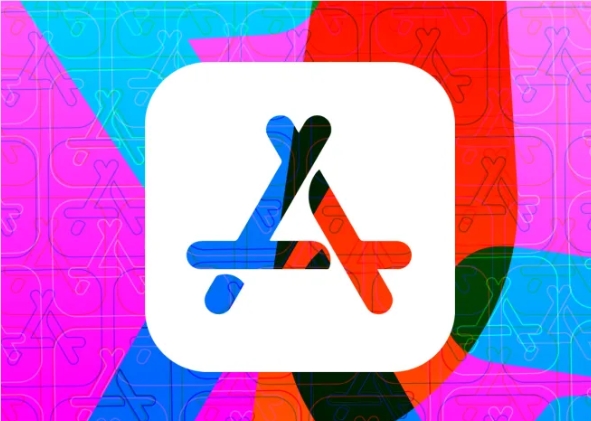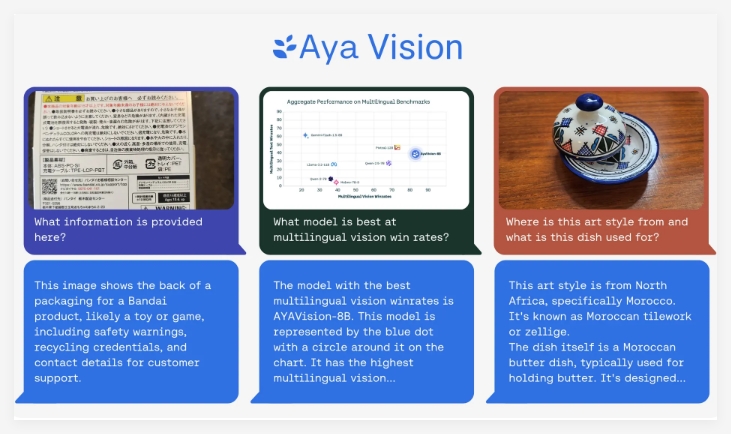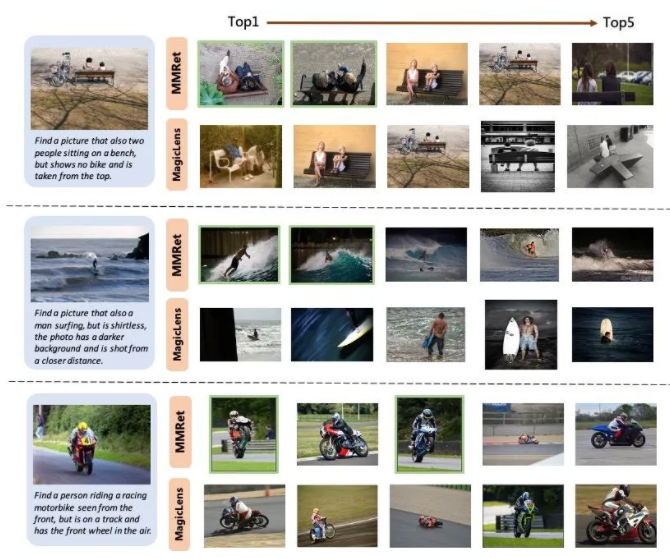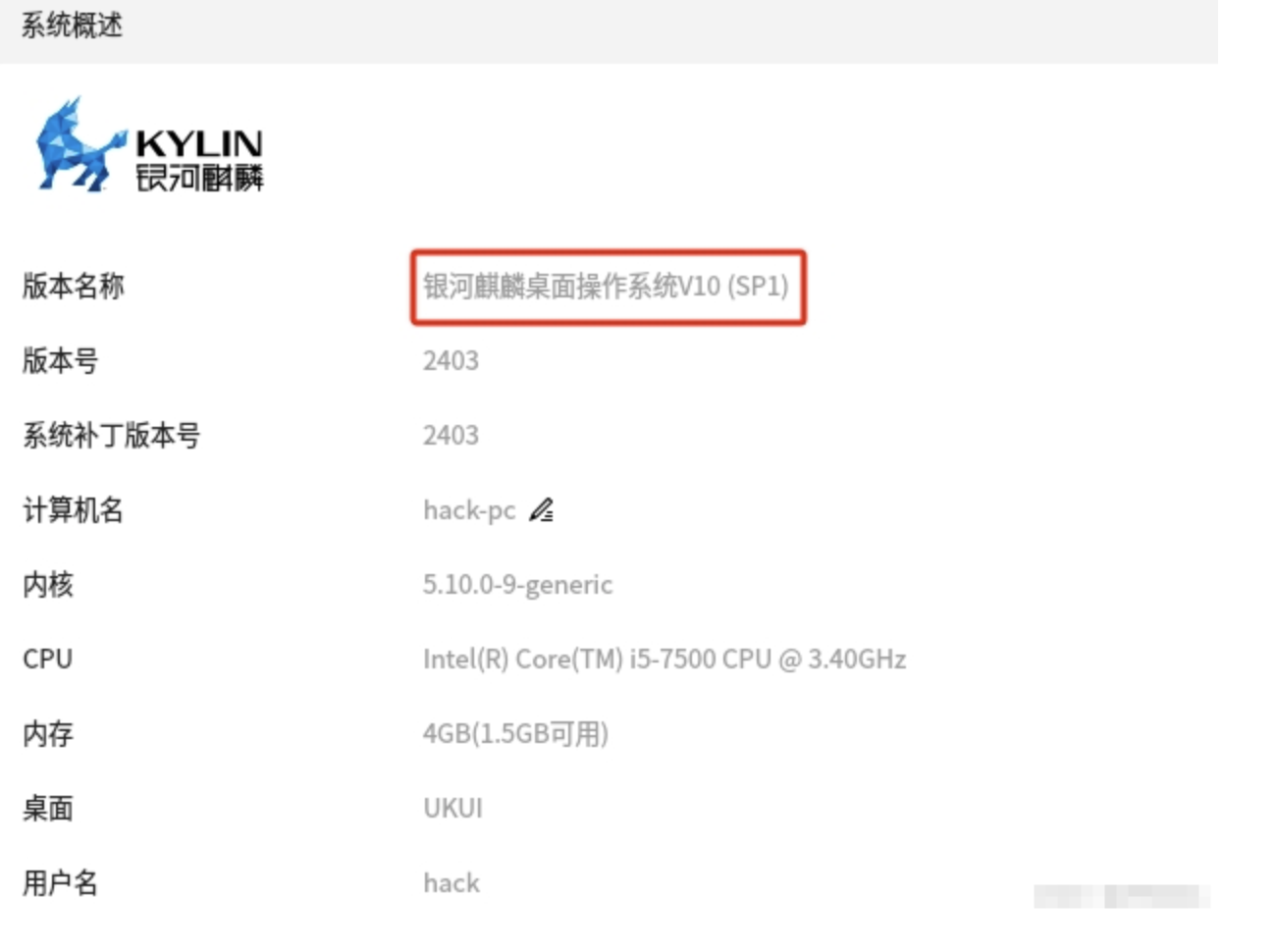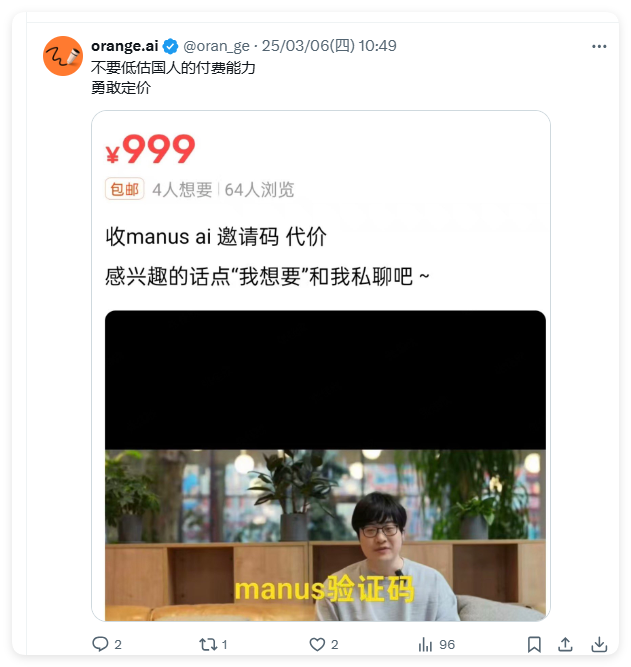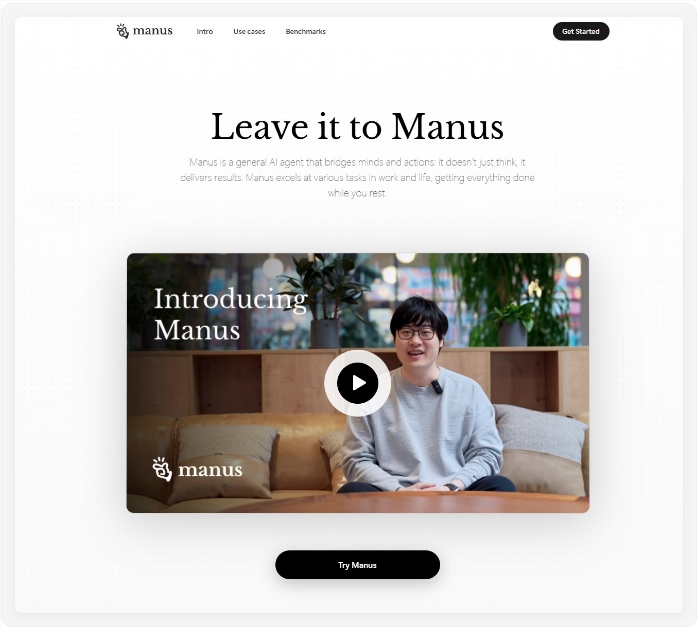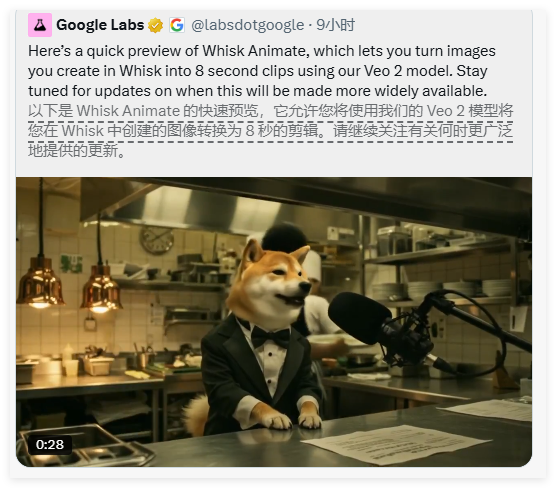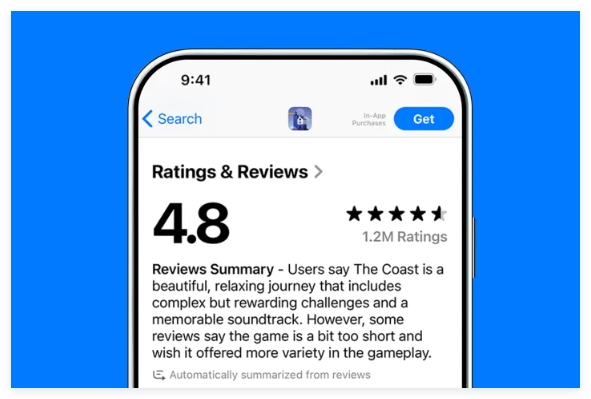In the field of AI, talent mobility has always been a fierce competition. Recently, Tim Brooks’s job-hopping incident has attracted widespread attention. After only three months at Sora, he announced his move to competitor Google DeepMind. The move is believed to be due to serious challenges faced by Sora's technology, particularly in terms of generation speed and performance, which perform poorly compared to other rivals in the industry.

According to reports, Sora has many technical problems and is difficult to compete with companies such as Luma, Stability, and Runway. At the same time, competitors' rapid growth in the market dwarfed Sora's. Tim Brooks' departure has triggered speculation in the industry. Some people believe that he will join Google and participate in its video generation project Veo, showing greater potential.
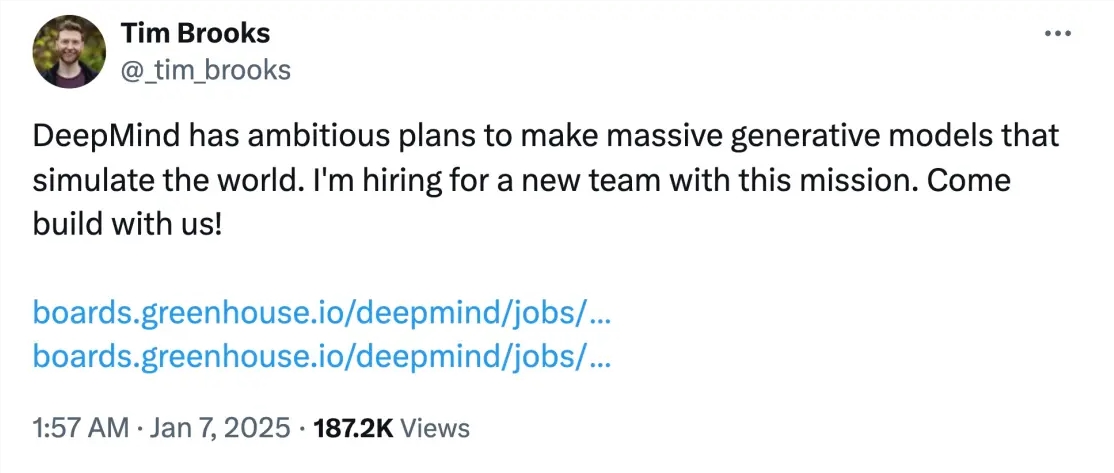
The joining of Tim Brooks marks Google DeepMind's new layout in the fields of video generation and world models. DeepMind co-founder Demis Hassabis has mentioned wanting to realize "the dream of creating a world simulator," and Tim Brooks will be responsible for forming a new team focused on developing large-scale generative models that can simulate the real world. He said on social media that DeepMind is committed to achieving ambitious goals and working closely with the Gemini, Veo and Genie teams to solve "critical new problems."
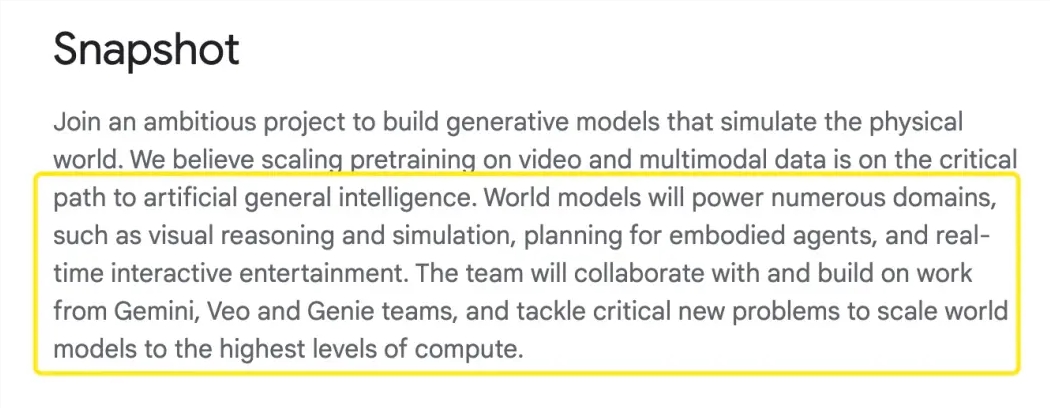
The new team's recruitment information shows that Tim Brooks is seeking research scientists and research engineers, with an annual salary range of US$136,000 to US$245,000. Research on world models has attracted the attention of many technology companies because such models have the potential to create media content that can interact with users in real time.
However, with the rapid development of AI technology, practitioners in traditional creative industries are cautious about this trend. A survey by Wired magazine shows that many game companies have begun to lay off employees and rely on AI to improve production efficiency, which has triggered concerns among creative workers. Still, some startups like Odyssey say they want to partner with creatives, not replace them.
In the future, it is worth looking forward to whether Google can achieve symbiosis between AI and human creativity through world models.
